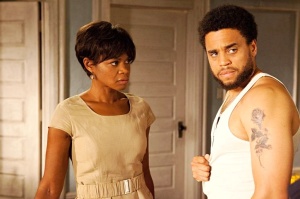On May 21, 2015 Marilyn Mosby, State’s Attorney for Baltimore City, announced that a grand jury indicted the 6 officers responsible for the death of Freddie Gray, an unarmed 25 year old Baltimore resident. The charges included depraved heart-murder, which carries a penalty of up to 30 years in prison, involuntary manslaughter, second degree assault, reckless endangerment and more.
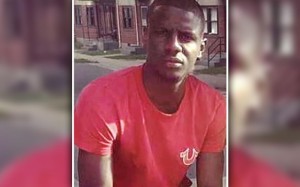 Freddie Gray died of spinal injuries he incurred while in police custody. After his death on April 19, 2015, Baltimore was in an uproar. Gray’s death was just the latest among a rash of police killings including the deaths of Mike Brown in Ferguson, MO, Tamir Rice in Cleveland, OH, Eric Garner in New York City, NY, and Walter Scott in North Charleston, SC. For the people of Baltimore, the death of Freddie Gray was the straw that broke the camel’s back.
Freddie Gray died of spinal injuries he incurred while in police custody. After his death on April 19, 2015, Baltimore was in an uproar. Gray’s death was just the latest among a rash of police killings including the deaths of Mike Brown in Ferguson, MO, Tamir Rice in Cleveland, OH, Eric Garner in New York City, NY, and Walter Scott in North Charleston, SC. For the people of Baltimore, the death of Freddie Gray was the straw that broke the camel’s back.
The city erupted. Fire and looting broke out, and hordes of angry teens burned buildings and threw rocks at police vehicles. And, as one would guess, where there was looting, there was the media. Various media outlets – Fox, CNN, msnbc – were documenting the whole story showing nonstop footage of the reckless rioters and ignoring the peaceful protesters. There was also footage of press conferences featuring Baltimore city officials. Everything was fine until Baltimore Mayor Stephanie Rawlings-Blake made a statement calling the rioters “thugs.”
It was like a whirlwind. Suddenly everyone was a thug and government officials, from the Governor of Maryland to the President of the United States, and news anchors were calling the people of Baltimore thugs. It all came to a head when Baltimore City Councilman Carl Stokes (District 12) spoke freely on CNN. When asked if thugs was the appropriate term to use in reference to the rioters he replied, “Calling them thugs? Just call them 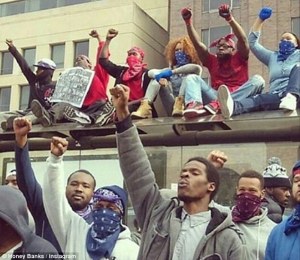 Ni**ers! Just call them Ni**gers! No, we don’t have to call people names such as that.”
Ni**ers! Just call them Ni**gers! No, we don’t have to call people names such as that.”
It got ugly when Fox News began to spread a rumor that the gang members in Baltimore – Blood, Crips, and BGF (Black Guerrilla Family) – came together to kill police. According to the story, the gangs called a truce and were working in concert to take out organized hits on Baltimore city police. It took Nightly Show host Larry Wilmore to get to the bottom of things. In his April 30 episode, he sat down with members of all the gangs. The men told him that they called the truce because it was important for them to show solidarity and unity when calling for peace and justice for Freddie Gray.
When other journalists began to talk to actual gang members, they saw that the men were upset that they were being accused of conspiring to kill cops. They were actually calling for peace and protecting their neighborhood from the looters who were not even from the part of town in which they were looting. One Blood gang member said “We want to tell the people of Baltimore city that the image they are trying to portray of the gangs – the Crips, the Bloods, the BGF – we did not make that truce to harm cops. We are not about to allow you to paint that picture of us.”
Unfortunately, at times like this the media always makes a point to negatively portray black men. Rioters are thugs, gang members are cop killers, and victims are criminals. It never seems to end. Hopefully, the news will one day show some integrity and place blame where it really belongs. In truth, the six officers who callously disregarded Gray’s cries for help and took him on the “rough ride” that ended his life were the real thugs in this story.
FROM BOYZ 2 MEN, INC. stands in unity with Baltimore and the fight for justice!
References
Boyle, L. (2015). The rival gang members who stood against violence in Baltimore: Crips, Bloods, Black Guerrilla Family and Nation of Islam ‘united as black men’ to stand between police and rioters. Daily Mail. Retrieved from http://www.dailymail.co.uk/news/article-3059143/The-Wire-Unimaginable-scenes-Baltimore-s-Crips-Bloods-Black-Guerrilla-Family-Nation-Islam-unite-black-men-stop-violence.html
Graham, D. A. (2015). The Mysterious Death of Freddie Gray. The Atlantic. Retrieved from http://www.theatlantic.com/politics/archive/2015/04/the-mysterious-death-of-freddie-gray/391119/
Perez-Pena, R. (2015). Six Baltimore Officers Indicted in Death of Freddie Gray. The New York Times. Retrieved from http://www.nytimes.com/2015/05/22/us/six-baltimore-officers-indicted-in-death-of-freddie-gray.html?_r=0
YouTube. (2015). Soledad O’Brien to Journalists – ” Stop Saying Thug ” – CNN – Reliable Sources – May 3, 2015. Retrieved from https://www.youtube.com/watch?v=7_RhO9PMI1k
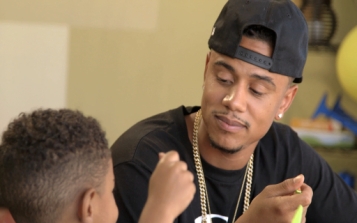 Mona Scott-Young’s TV shows have been such a destructive force in the black community because they portray black people in such a negative light. So, when one of her shows actually portrays something positive it can be a little shocking. On Love and Hip Hop Hollywood, the latest installment of Love and Hip Hop, there is a small breath of positivity. Dreux Pierre Frédéric a.k.a Lil Fizz, former member of the hit pop group B2K, is on the show as a custodial parent who raises his son with (what seems to be) little help from the child’s mother.
Mona Scott-Young’s TV shows have been such a destructive force in the black community because they portray black people in such a negative light. So, when one of her shows actually portrays something positive it can be a little shocking. On Love and Hip Hop Hollywood, the latest installment of Love and Hip Hop, there is a small breath of positivity. Dreux Pierre Frédéric a.k.a Lil Fizz, former member of the hit pop group B2K, is on the show as a custodial parent who raises his son with (what seems to be) little help from the child’s mother.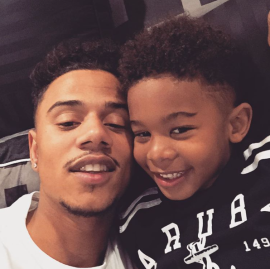 However, even though he has him, he still has some of the same problems that noncustodial parents have. Unfortunately, he has to deal with a not so good relationship with the mother of his son. He also has the added stress of trying to find a woman that will accept him along with his son and baby’s mother.
However, even though he has him, he still has some of the same problems that noncustodial parents have. Unfortunately, he has to deal with a not so good relationship with the mother of his son. He also has the added stress of trying to find a woman that will accept him along with his son and baby’s mother.


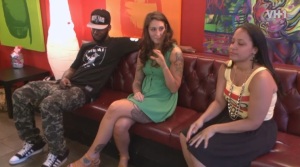
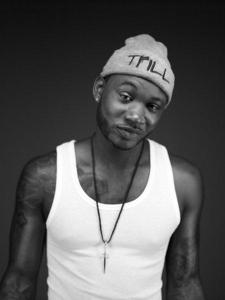
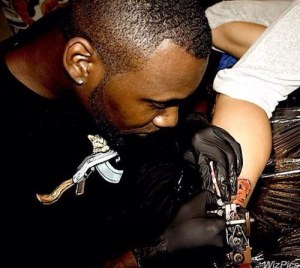
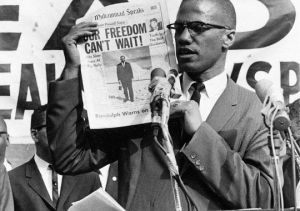
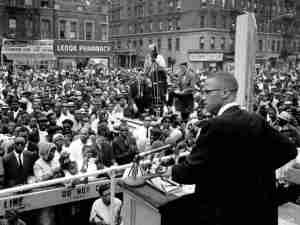
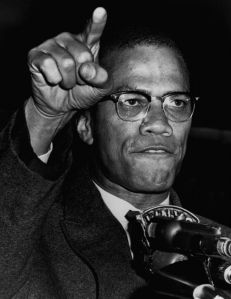
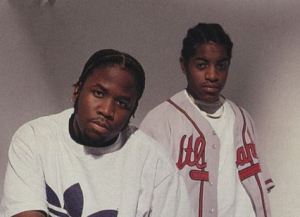
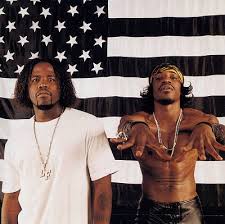
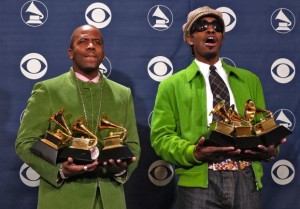
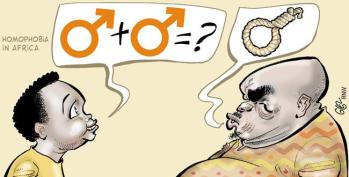 ecause of the position of black people in American society and the history of the emasculation of black males in America.
ecause of the position of black people in American society and the history of the emasculation of black males in America.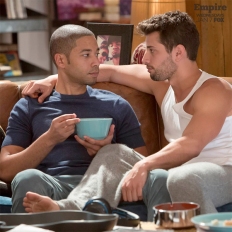 the boy comes into the living room wearing high heels and a scarf. Even when his son, Jamal Lyon played by Jussie Smollett, becomes an adult, Howard ignores his obvious musical talent, routinely ridicules him for being gay, and denies him any chance to lead the families record label, Empire Records, after Howard himself steps down.
the boy comes into the living room wearing high heels and a scarf. Even when his son, Jamal Lyon played by Jussie Smollett, becomes an adult, Howard ignores his obvious musical talent, routinely ridicules him for being gay, and denies him any chance to lead the families record label, Empire Records, after Howard himself steps down.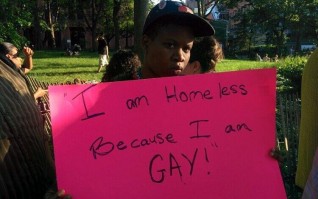
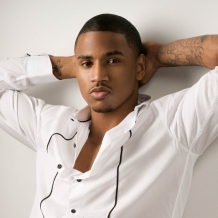
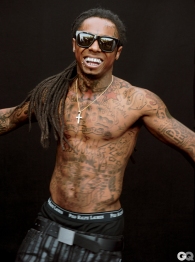
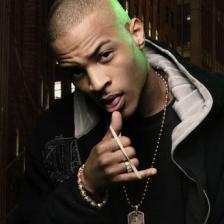
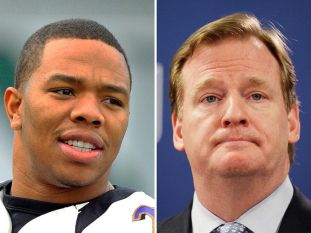
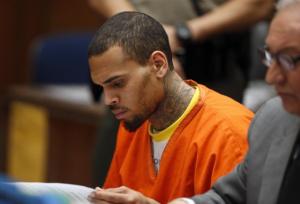
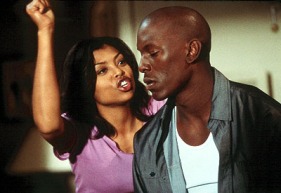
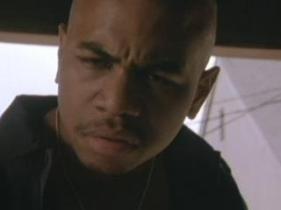 pes about black men.
pes about black men.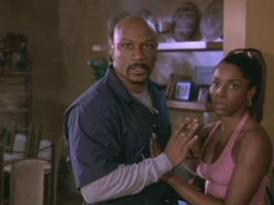
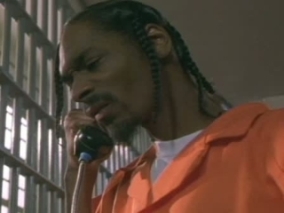 ute
ute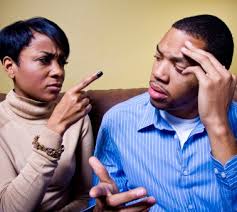
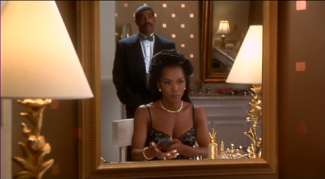 ovie Waiting to Exhale. The movie is about four beautiful successful black women who have everything except fulfilling love lives. The reason – all eligible black men are defective in some way. At one point in the movie they give a list of all the things that are wrong with black men. They are in jail. They are too possessive. They are with white women. They are gay. They are unemployed (Hutchinson, 1996). This list seemed to be exhaustive. It is as if the whole black community is devoid of any good black men.
ovie Waiting to Exhale. The movie is about four beautiful successful black women who have everything except fulfilling love lives. The reason – all eligible black men are defective in some way. At one point in the movie they give a list of all the things that are wrong with black men. They are in jail. They are too possessive. They are with white women. They are gay. They are unemployed (Hutchinson, 1996). This list seemed to be exhaustive. It is as if the whole black community is devoid of any good black men.